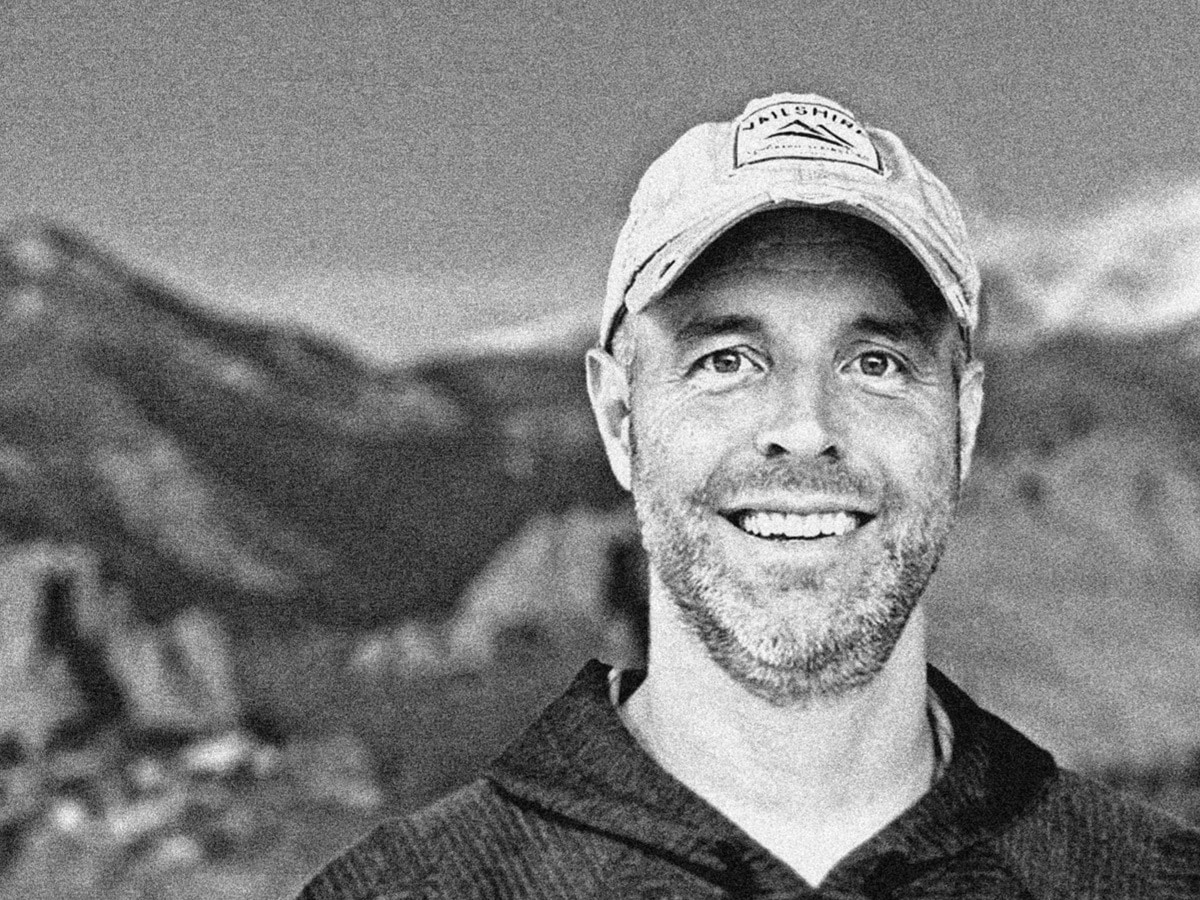Equity investing can be like writing a book – go with what you know. Dr Jeff Ross is a prime example, with the former radiologist looking for opportunities in the healthcare and technology sectors for his Vailshire Capital Management hedge fund.
“I try to stay focused on investing in areas in which I at least feel like I have some sort of edge. Healthcare is one and technology is the other. I’ve always been interested in technology and innovation,” he tells Opto Sessions. “[It’s] mainly because of how my mind works. I tend to think in [top-down] macro terms. I like to take a step back and see where huge secular growth trends are occurring. And if you can get those right, over the long run, you tend to do very well as an investor.”
LISTEN TO THE INTERVIEW:
Ross started his career as a disciple of investment guru Warren Buffett, CEO of Berkshire Hathaway, following his mantra of finding quality companies and holding on to them.
“I studied balance sheets and looked at cash flows… It [has been] a tough decade to be a value investor, though… as growth has dominated. It’s kind of in a transition point right now, but I think growth will continue to dominate,” he says.
“I studied balance sheets and looked at cash flows… It [has been] a tough decade to be a value investor, though… as growth has dominated. It’s kind of in a transition point right now, but I think growth will continue to dominate”
Amid a weakening US dollar and central bank monetary policies, he argues that traditional value metrics just don’t work in this environment. But Ross has found ways to take advantage of secular trends.
“Credit is widely abundant, and interest rates are zero or near zero… CEOs of companies who are master capital allocators that can use this to grow their company. Within each trend that I see, I pick companies that are taking advantage of capital allocation decisions,” he says.
Ross calls his investment strategy for picking equity investments FILMS, an acronym that stands for founder-led, innovative, long-term, master capital allocators and stakeholder friendly.
“If I can find companies in this age that are in a secular growth trend that fit the FILMS criteria, those – at least for me and the way I pick these things, many of which is subjective –tend to significantly outperform the underlying S&P 500 and traditional valuation metrics,” he explains.
“If I can find companies in this age that are in a secular growth trend that fit the FILMS criteria, those – at least for me and the way I pick these things, many of which is subjective –tend to significantly outperform the underlying S&P 500 and traditional valuation metrics”
But it always pays to be cautious, given that even these super trends can be cyclical. “As a fund manager, I try and determine when those periods of underperformance are coming and then hedge against the downside,” Ross adds.
As an example, he says the healthcare sector is in a “terrible place”. “I’m literally not long anything in healthcare right now,” Ross says.
However, he is much more bullish about tech even if interest rates rise. The key is that they rise steadily. “If it’s a slow grind higher in interest rates that actually shows that market participants are constructive on the future,” he says. “GDP growth is going to be positive, and that’s generally good for tech… I am still long tech. I think the FAANG stocks will continue to do well and cloud computing. Software continues to eat the world.”
To hear more from Ross on how he transformed himself from being a “mediocre fund manager”, listen to the full episode of Opto Sessions.
And for more ways to listen:
Listen to the full interview and explore our past episodes on Opto Sessions.
Continue reading for FREE
- Includes free newsletter updates, unsubscribe anytime. Privacy policy


